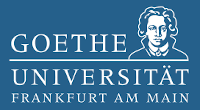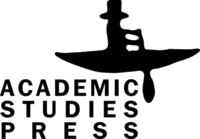“We Didn’t Oppress Anyone”: Peculiarities of Cross-Cultural Contacts in Mixed Families (Based on the Field Material from the Expeditions to Transnistria)
DOI:
https://doi.org/10.31168/2658-3356.2020.11Keywords:
mixed marriages, field studies, ethnic identity, identity drift, Jews in Transnistria, cross-cultural contactsAbstract
The article is devoted to the study of mixed marriages based on materials collected in expeditions to Transnistria in 2017–2019. Mixed families are common practice in the Soviet period they act as a source for transformation classical definition of Jewish identity, that in turn have an impact on the partner self-identification. The authors collected and analyzed 29 interviews with mixed married partners (Jews and non-Jews) and their children. Three zones of tension were identified (outwardly attitude towards marriage; name-giving; funeral traditions) and three strategies of conflict resolution (choosing a neutral and civil zone; compromise; integration of one partner into the culture of the other). The cross-cultural interaction zone was represented by holiday cycle that gave an opportunity to mix traditions (Passover / Easter, for example). The authors note that described synthesis of cultures leads to an identity drift and to a transformation of the concept of a “real Jew” where the knowledge of tradition or practical skills become more important than Halakhic principles.












